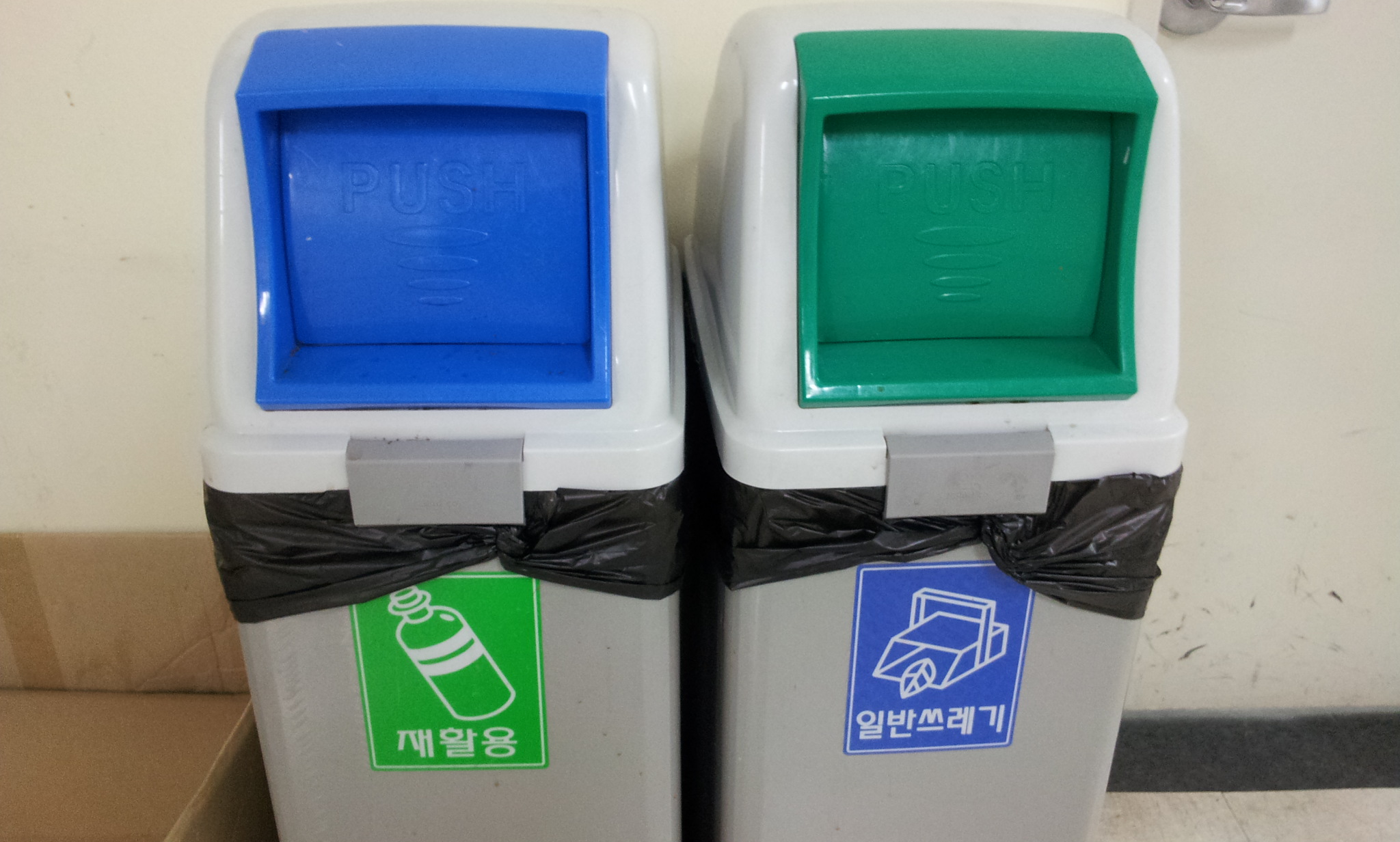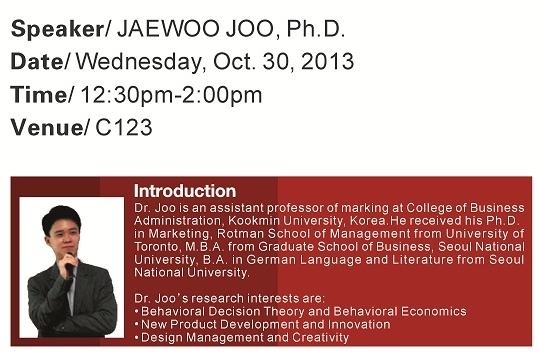
Taipei is hot in summer. After sweating an hour, I ordered an iced coffee at 羊毛與花 Youmoutoohana Coffee. To my surprise, it served me a glass of coffee with a metal straw. After sipping coffee through it, I became a huge fan of metal straw. This summer, I will buy and bring a few metal straws to office with me to enjoy coffee more and consume plastics less.

Someone in US also found metal straw stylish and eco-friendly. Bethany Blakeman wrote in her blog,
I keep these in my tote bag (if you are worried about them getting dirty, I suggest a pencil pouch), and whip them up out whenever I’m at a coffee shop. Once at Starbucks, a talkative barista commented on my straw. “Hey, I’m with you,” he told me. “You’d hate to work here. You see how wasteful people are from behind this counter.” I’ll be gifting them to all of my friends for World Oceans Day on June 8.

We want to voluntarily participate in recycling but do so only when it is easy. Here are the two bin boxes available at a university in Seoul. Unfortunately, their colors and their names are not matched: the left one has a blue cover and its green panel says “recycled” whereas the right one has a green cover and a blue panel says “disposable.” The mismatch among name, cover color, and panel color led me to give up choosing one for my empty coffee can. Instead, I threw it away somewhere else. Indeed, behaving in a sustainable way requires huge mental resources. Therefore, things need to be designed carefully in advance.
**
Reference
White, K., Hardisty, D. J., & Habib, R. (2019). The elusive green consumer. Harvard Business Review, 11(1), 124-133.
People say they want sustainable products, but they don’t tend to buy them. Here’s how to change that.


- “Preference Reversal of Environmental Friendly Product,” Presented at the HSBC Business School, Peking University, ShenZhen: China, October 30, 2013.
Do consumers like the environmental friendly products they buy? My colleague, Bohee, and I borrow the literature from the Behavioral Decision Theory and argue this is not always the case; consumers often choose the green product even though it does not work well. This suggests that, in some cases, environmental friendliness could be merely a marketing gimmick.


Jaewoo Joo | design thinking, behavioral economics, customer experience








